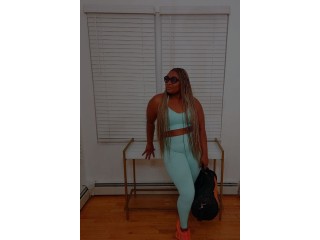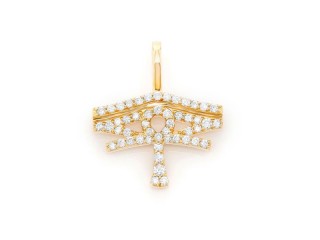Winiwmicrofiber
3 years ago Fashion San Antonio 722 views Reference: 37769Location: San Antonio
Price: Contact us
With improvements in synthetic fabrics and growing support for treating animals humanely, it might come as little surprise that the quality and quantity of leather alternatives are increasing. For years, synthetic leathers have been something of a joke. You could tell they were fakes by just looking at them. They didn’t look, smell, or even feel like animal skin.
As demand for better synthetics grew, manufacturers figured out ways to improve those synthetics. Today, they have created microfiber leather, the best synthetic yet. Other synthetics start by laying down strips of fabric and coating those with polyurethane resin. Microfiber leather starts with what is more accurately called a mat of synthetic fibers woven together and bound together with polyurethane.
Microfiber leather, or micro fiber leather, is the highest quality grade synthetic leather (faux leather or PU leather), a high-tech simulation of high-end leather material. Microfiber Leather is simulated the structure of natural leather, using sea-island superfine micro fiber (ultra-fine fiber bundle), and high-grade polyurethane resins as raw materials, using needle punched nonwoven technology of 3D structure, has a lot of similar characters as natural leather, however better physical & chemical performance, has been widely popular around the world. Because of superior performance, microfiber synthetic leather has been the best leather alternatives and the optimal leather substitute, material, best vegan leather and eco leather, can replace natural leather perfectly!
There are different kinds of Microfiber leather often used in the production such as PU Microfiber Leather, Suede Microfiber Leather, Microfiber Leather for Furniture Sofa, Microfiber Leather for Automotive, Microfiber Leather for Shoes, Microfiber Leather for Gloves, Microfiber Leather for Garments, Microfiber Leather for Packing, Microfiber Leather for Balls, etc.
Compared with real leather, microfibrer leather is high-class synthetic leather which perfectly replicates features of real leather such as the handfeeling, breathability and moisture absorption etc. The performance of microfiber including chemical and abrasion resistance, anti-crease, aging resistance etc are better than genuine leather. Because the real leather is animal skin, so it has a strange smell. If the formaldehyde and heavy metals exceed the standards in the production process, usually the real leather would has a pungent odour. However, the microfiber is anti-odour. Based on the quality distribution on natural hide, the amount of usable leather is about 60 to 80% only. However, the microfiber is not limited by this, it is produced in roll form, also the quality of microfiber is very stable.
And there are several ways to identify the quality of microfibre leather
1. Check the surface grains. The texture of high quality microfiber is more clear and the surface layer feels really like genuine leather. However, the poor quality microfiber leather texture is rough and with strong sense of plastics.
2. Handfeeling. High quality microfiber has a good feel and the elasticity, comfort are also very high.
3. Check the crease. Folding the different microfiber leathers, and then check and compare the the crease, also check if the crease can disappear soon or not when the recovery. The smaller crease, the faster disappearance, means the better performance of surface PU attached microfiber base. This is an important indicator for high quality microfiber.
4. Check the scratches. Scrape the surface of the microfiber with a hard object to see if it will leave scratches. The surface of the high quality microfiber is with outstanding scratch resistant.
5. Hydrolysis resistance. High quality microfiber is very resistant to hydrolysis. Of course, this is difficult to distinguish with the naked eye, but must ask clearly when the procurement.
6. Base fabric. Base fabric is a key component for microfibre leather and it is related to the overall performance of microfiber. A good base fabric means the performance of microfiber is more stable.



